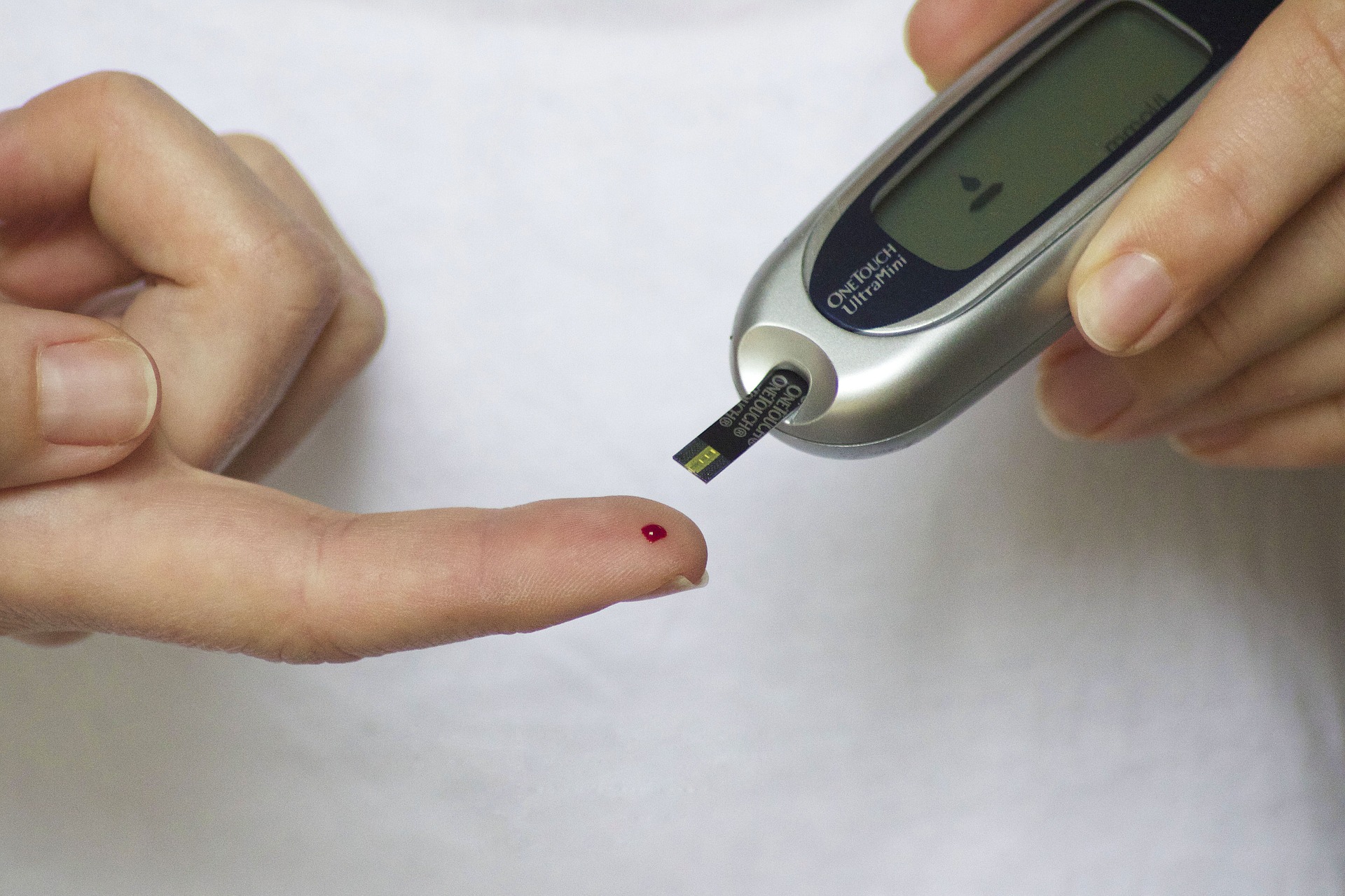Diabetes Podiatry
How Diabetes Affects Your Feet
Many diabetics experience problems with their feet so adequate foot care is essential to reduce the risk of complications. The Foot and Ankle Clinic helps diabetics maintain healthy feet by providing ongoing foot care programs and treatment where necessary.

Diabetes can affect your feet in a number of ways if proper care is not taken. Effects include:
- Reduced nerve sensitivity which leads to unnoticed injuries
- Poor circulation resulting in an extended healing process
- Increased risk of ulcers and other foot complications
- Pain and cramps in feet and lower legs
- Burning, aching, numbness or tingling
- Increased risk of infections such as tinea and cellulitis
Diabetic Foot Care
In conjunction with regular checkups by your Podiatrist, we recommend following these tips to maintain healthy feet:
Maintain acceptable blood sugar levels
Follow your doctor’s instructions regarding diet, testing, medication and exercise.
Improve Circulation
- Exercise regularly
- Never wear tight garters, stockings or shoes
- Avoid sitting with your legs crossed
- Avoid exposing your feet to extremes of temperature (heater, cold tile floors, etc)
Wear Appropriate Shoes
Wear well fitting supportive shoes at all times. Check inside your shoes regularly for rough edges and exposed tacks etc. View our range of specialist footwear.
Corns
Do not use caustic corn cures or plasters. See a Podiatrist for removal.
Washing and Moisturising
Wash your feet in warm (not hot) water using mild soap. Pat dry thoroughly, especially between toes. Apply a water-based cream or lotion to heels.
Nail Care
Nails should be cut straight across in line with the end of the toe. It is better to file your nails straight across regularly. See your Podiatrist if you have difficulty cutting your nails.
Injuries
Blisters, cuts and scratches should be cleaned with mild antiseptic or salty water. Cover with a clean dressing and seek medical advice if you notice signs of inflammation such as heat, redness, swelling and pain.
Socks and Stockings
Woollen or cotton socks are better than stretch hosiery. Ensure adequate room at the toes. The Foot and Ankle Clinic has a range of health socks available.
Professional Advice
Inspect your feet daily, or have someone do this for you. If you notice any abnormalities consult your Podiatrist. Visit The Foot and Ankle Clinic for a full assessment every 6-12 months, so changes in circulation and/or nerves of your feet can be detected.
If you think you may be at risk of foot problems associated with diabetes, contact us today for help assessing, managing, and reducing your risks.
My Feet & Diabetes
At the Foot and Ankle Clinic our highly qualified team of Podiatrists are all members of the Australian Podiatry Association and offer a combined 50 years’ experience. They are trained to diagnose and effectively manage diabetes via a range of treatments.
Put your feet in our hands! See us today in Chadstone, Moe, Sale, Traralgon, Warragul & Online Store and Retail Enquiries. NO REFERRAL NEEDED!.


